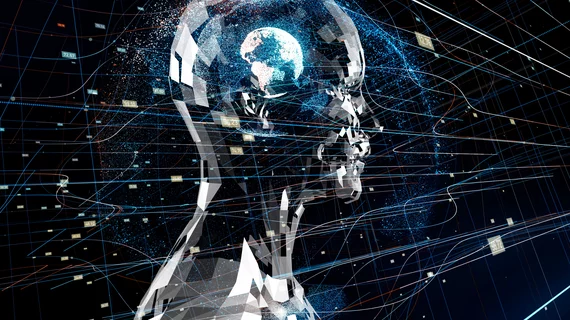UCSF pilots new center to accelerate AI in radiology
The University of California, San Francisco (UCSF) is launching a new center to accelerate and improve the development of AI in radiology.
Partnering with Santa Clara, California-based NVIDIA, researchers at the Center for Intelligent Imaging—ci2—will apply the power of current technological resources to help evolve today's clinical AI tools.
Researchers will use patient scans and real-world clinical data from UCSF Health and other healthcare institutions to develop, test and validate deep-learning algorithms. The goal: to quicken the AI development cycle and help integrate such tools into clinical use.
“The Center for Intelligent Imaging will serve as a hub for the multidisciplinary development of AI in imaging to meet unmet clinical needs and provide a platform to measure impact and outcomes of this technology,” Christopher Hess, MD, PhD, chair of the UCSF Department of Radiology and Biomedical Imaging, said in a university news piece. “The result will be more efficient, higher-value imaging for patients within and outside of UCSF.”
Part of their research also includes London-based Kheiron Medical Technologies, which will work with UCSF breast imaging researchers to make sure its Mia breast cancer screening software can be used safely across ethnically diverse patient populations.
“Breast cancer affects every woman’s life, either directly or indirectly,” said Bonnie Joe, MD, PhD, professor of radiology and chief of breast imaging at UCSF. “The impact of AI is magnified through its application to breast imaging. Augmenting the radiologist’s ability to detect breast cancer early will help us make a dent in this deadly disease.”

